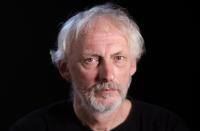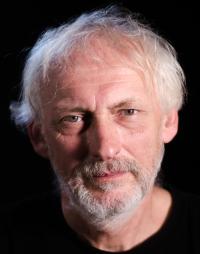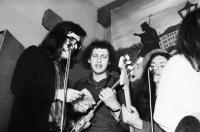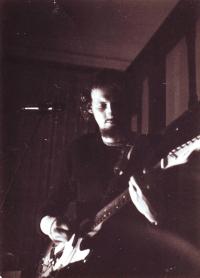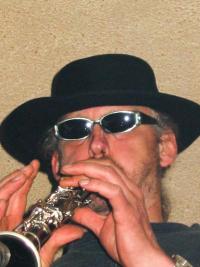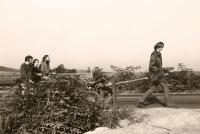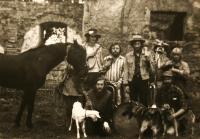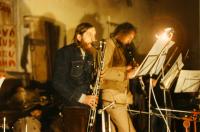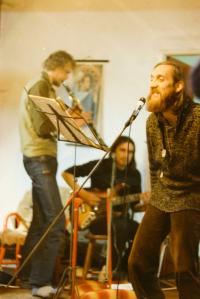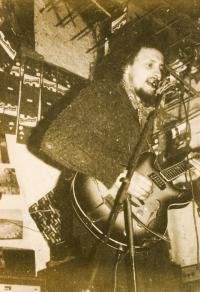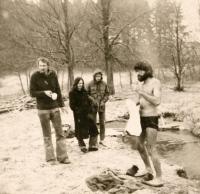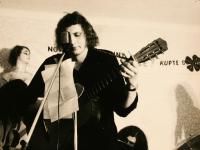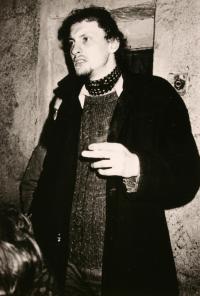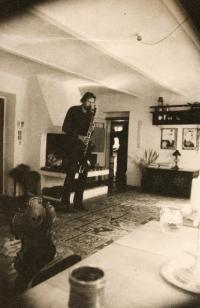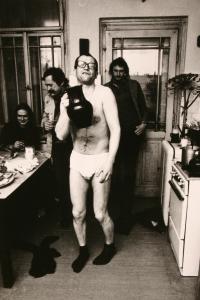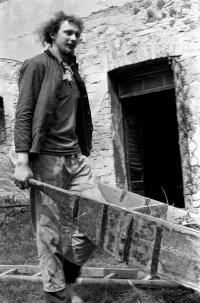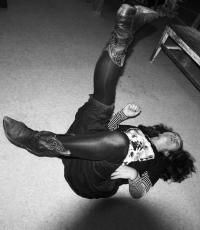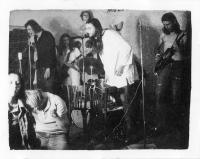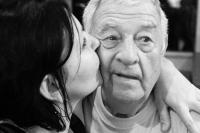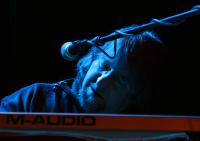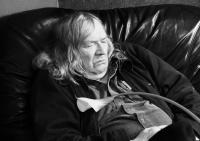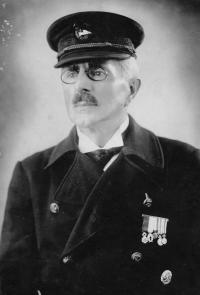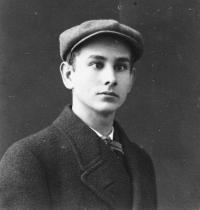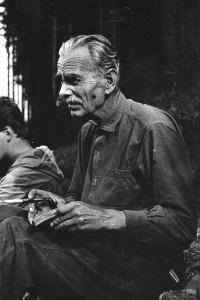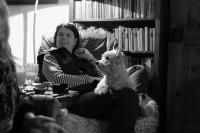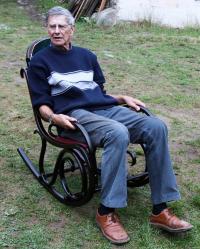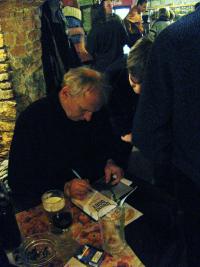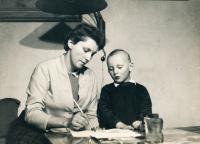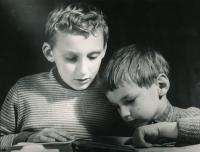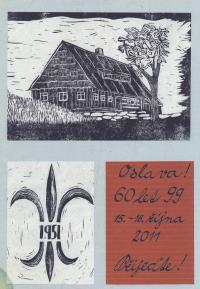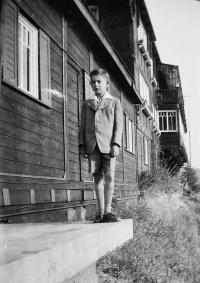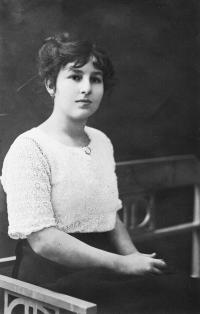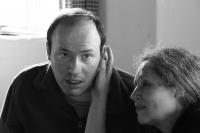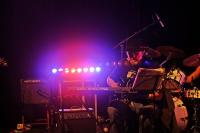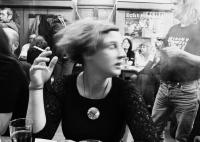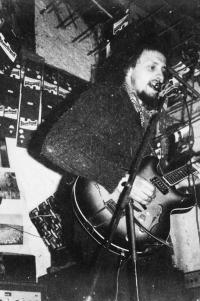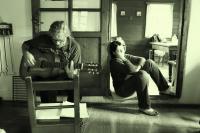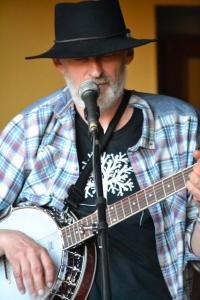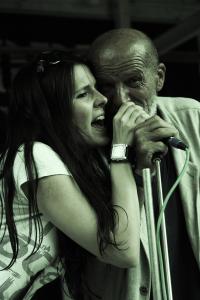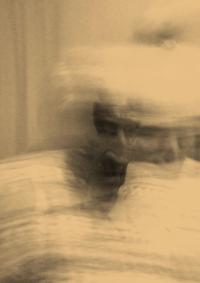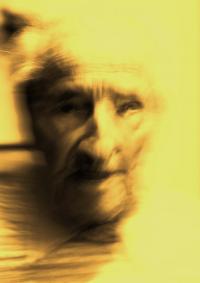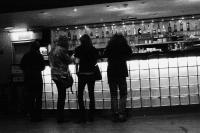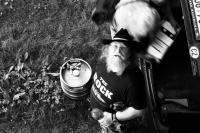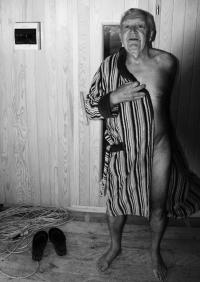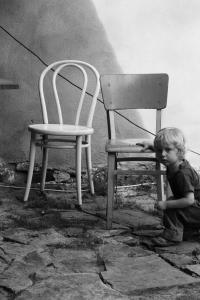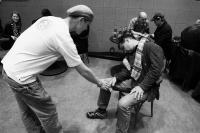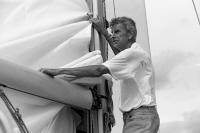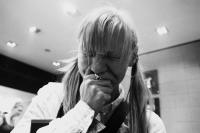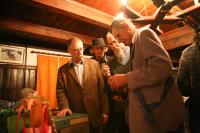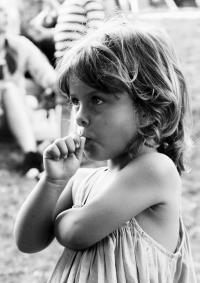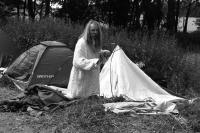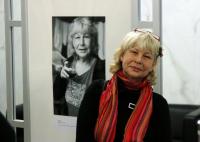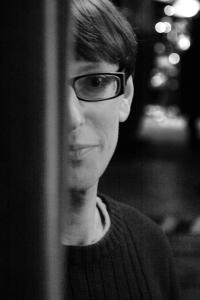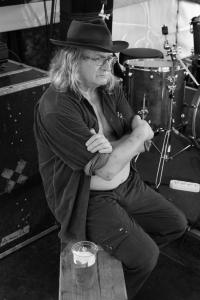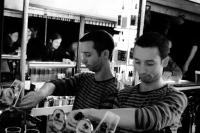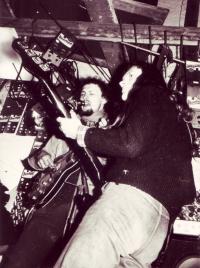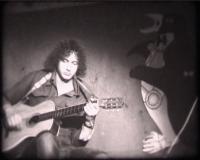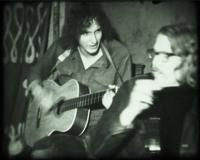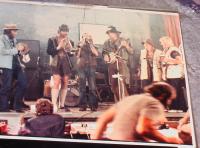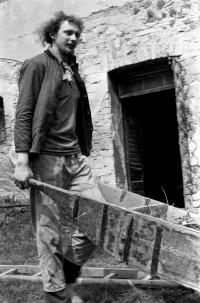To hear the Plastics was a revelation

Download image
Josef Rössler was born on 7 April 1956 in Prague. His grandfather, Josef Rössler-Ořovský, was a prominent promoter of sport, and sports (especially sailing) and Scouting were important to the Rössler family. After primary school he trained as a mechanic at Czech Boatyards Prague in the years 1971-1973; he was then employed at the company. He later worked as a maintenance man at various firms. Thanks to his uncle, who owned the Golden Hill “community house”, he was introduced to the Czech underground scene in the mid-1970s. He was active as a musician in several bands (Goldberg Grass Band, Dr. Prostěradlo Band [Dr Bed Sheet Band], B Band), he participated in music festivals and concerts that were observed by State Security. The campaign against underground music culminated in the trial with Plastic People of the Universe (PPU) in 1976. The same year - but with no connection to the PPU - State Security arrested Josef Rössler, and after harsh interrogation he signed a collaboration agreement. He immediately informed his friends from the dissent of the signing, he was contacted by State Security for about a year, but there was no collaboration. In 1978 he was investigated, but the charges were dropped. In 1981 he played with Plastic People of the Universe (Co znamená vésti koně - What Does It Mean To Lead a Horse), but for the most of the 1980s he lived outside of the dissent for family reasons as well. In the 1990s he returned as a guest performer with the Plastic People, in the years 1998-2008 he performed with DG 307. Josef Rössler works as a joiner, a musician, and a photographer. In 2009 he published a book of prose titled Obraz doby aneb Chaotické vzpomínky na život v českém undergroundu 70. let (A Picture of the Times, or, Chaotic Memories of Life in the Czech Underground of the 1970s).
